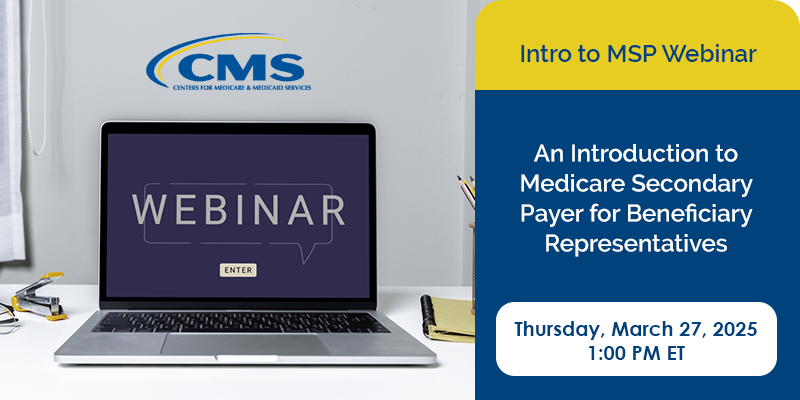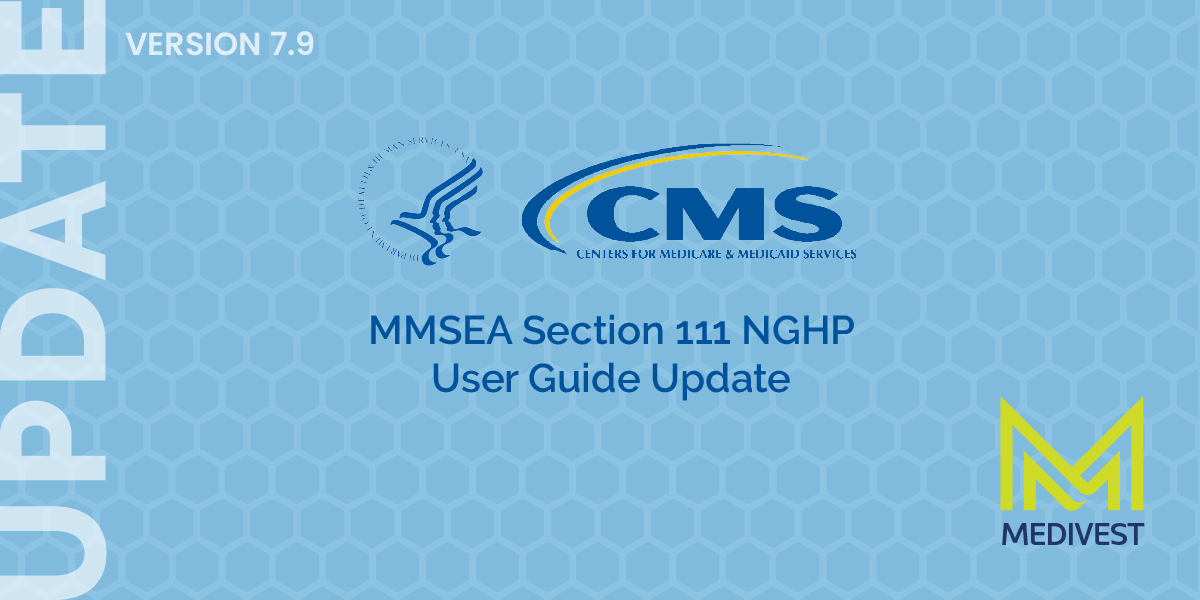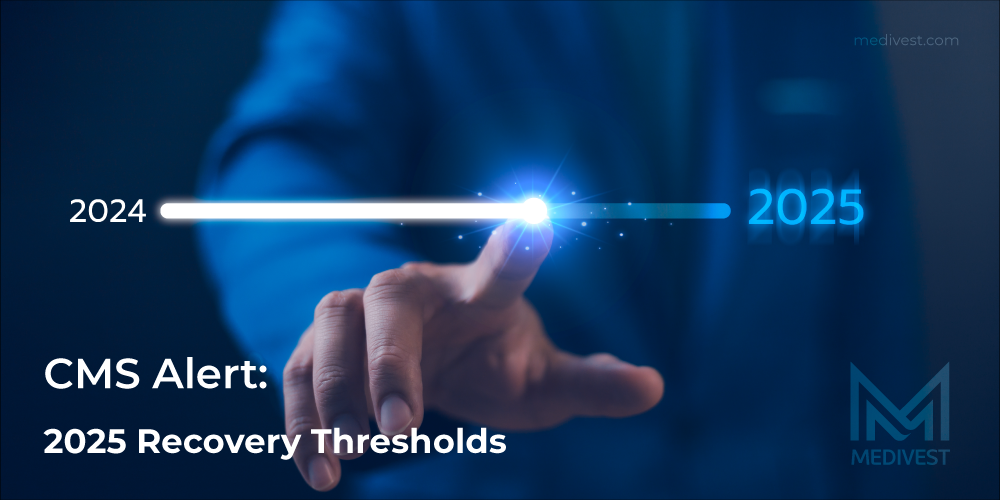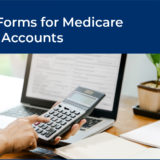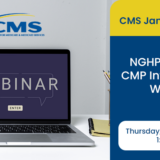Effective July 1, 2009, the Medicare & Medicaid SCHIP Extension Act (MMSEA) requires that “applicable plans” must first determine whether an injured party (including an individual whose claim is unresolved) is entitled to Medicare benefits. The primary payer must then report the “required information,” once the case is resolved, to the Secretary of the Department of Health and Human Services (Secretary of HHS) in the “form, manner, and frequency” the Secretary prescribes (CMS is a regulatory body under HHS). If this information is not provided to Medicare in the form, manner, and frequency requested, Medicare may impose a fine of up to $1000 per day, per injured party, as Civil Monetary Penalties (CMPs).
Before the MMSEA was enacted, Medicare relied on settling parties to notify it when settling a case for a Medicare beneficiary. This process allowed Medicare to gather some information about the case and look for instances where it had made payments for treatment and RXs where there was a primary payor involved (i.e. Carrier, TPA, Self-Insured, etc). Because this information was not required by law, Medicare put in place a mandatory insurer reporting (MIR) process that requires primary payors to provide over 200 data fields with information about the case and all the parties involved. The collection of that data is then used to place a marker in Medicare’s system. This marker will help Medicare determine if treatment or prescriptions are related to a settlement involving a primary payor. Medicare will then use that marker as a reference point to deny paying for Medicare-covered, case-related treatment. There have been improvements made to the system over the last 16 years, and the number of data fields that must be reported has increased over time.
Fast forward to April 4th, 2025. Medicare now requires that if a MSA allocation was prepared on the case, that information must be entered into the WCMSA field during the reporting process. Medicare expects the MSA amount to be spent on Medicare-covered, case-related treatment per CMS’s guidelines for MSA funds. In the past, Medicare was unaware of the MSA amount if the case was not submitted to CMS for approval. CMS has seen a steady decline in cases being submitted for approval, and essentially had no viewership on the MSA figure, which makes it difficult to know when Medicare would step in and become the primary payor again for Medicare-covered, case-related items. As of April 4th, 2025, Medicare now requires this information to be provided to them for WC settlements, regardless of whether a MSA allocation was submitted to them for approval.
Medicare is now armed with all the information they need, regardless of submission status, to review and deny payments for Medicare-covered, case-related items. This will force the individual to use those MSA funds for Medicare-covered, case-related treatment until they are exhausted. Accurate accounting and annual attestations (post-settlement) must be provided to Medicare before they step in as the primary payor. If the beneficiary fails to provide the necessary information, Medicare will continue to deny payments until proper documentation is provided that shows the WCMSA funds were spent in compliance with Medicare guidelines. If those funds were misappropriated, Medicare will continue to deny payment for any Medicare-covered, case-related treatment and RXs until the funds are replenished and spent according to Medicare’s guidelines.
In 2017, CMS indicated, “Although beneficiaries may act as their own administrators, it is highly recommended that settlement recipients consider the use of a professional administrator for their funds.” Now that the WCMSA field is required as part of the Mandatory Insurer Reporting process, it is critical to discuss the proper administration of the MSA funds during the settlement process.
If you have any questions or would like more information about how Medivest can protect future Medicare benefits for the injured worker, please contact us at info@medivest.com or contact our office at 877-725-2467.









